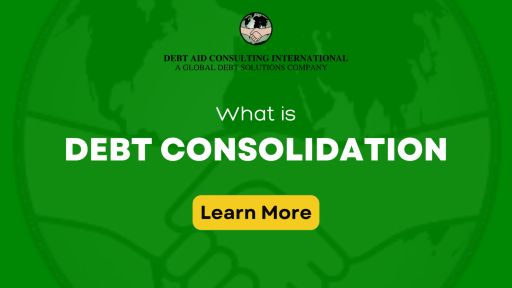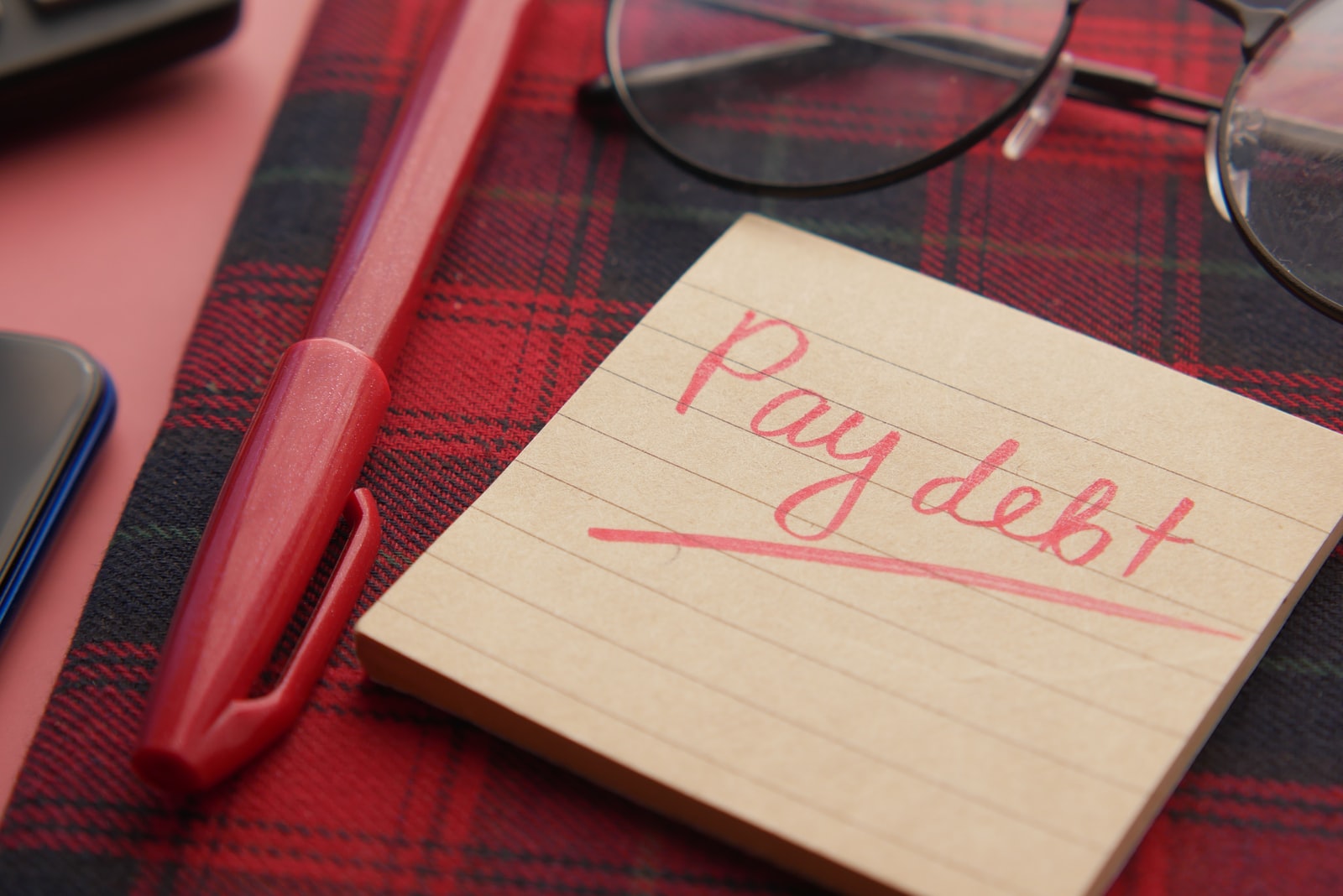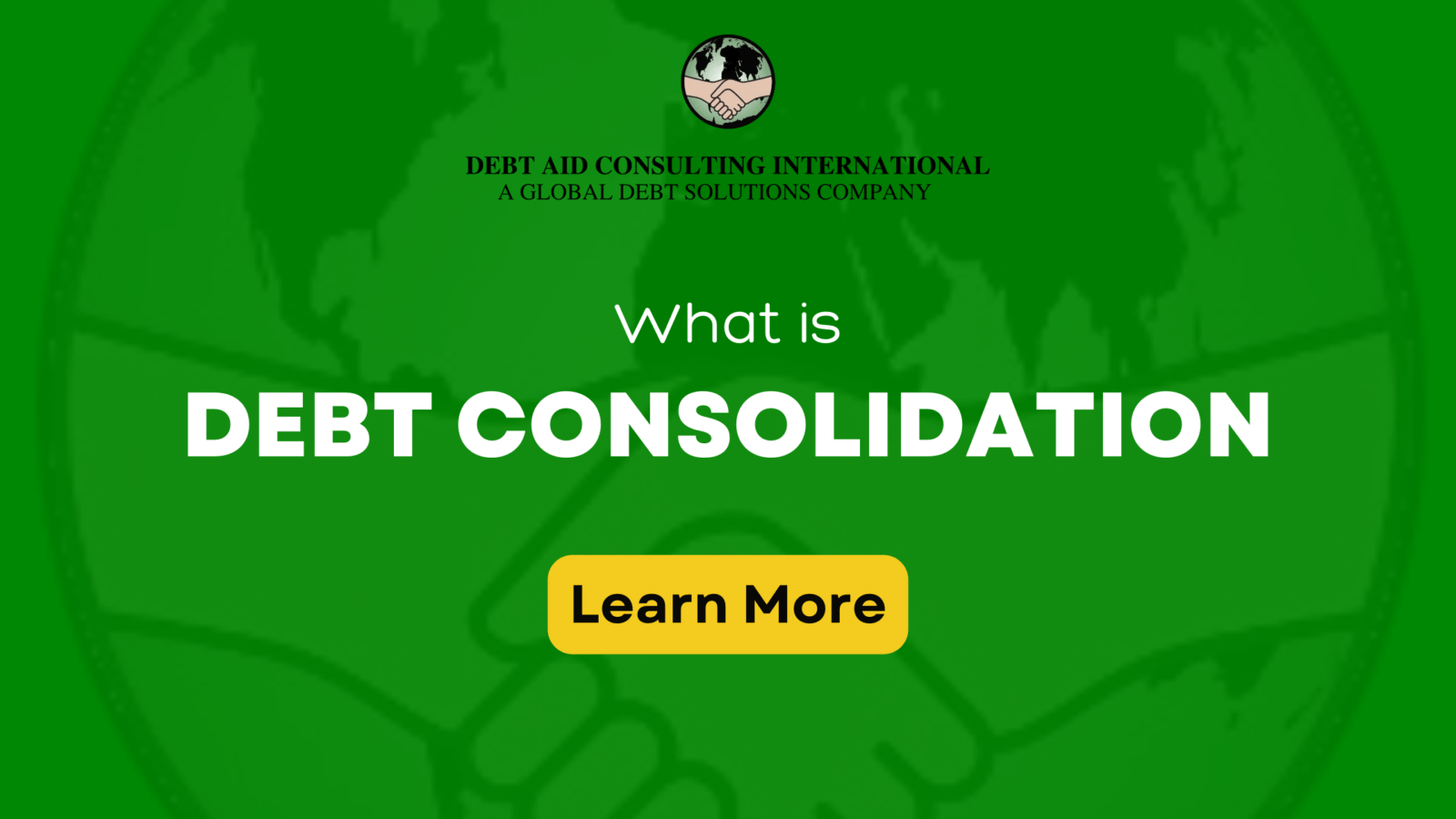If you’re struggling to keep up with multiple debts and monthly payments, a debt consolidation loan may be the solution you’ve been looking for. A debt consolidation loan allows you to combine all of your debts into one manageable monthly payment, potentially reducing your interest rates and making it easier to manage your finances.
How Does Debt Consolidation Work?
Debt consolidation involves taking out a new loan to pay off your existing debts. This new loan typically has a lower interest rate than your existing debts, which can potentially save you money on interest charges over the life of the loan.

Once you’ve received the funds from your debt consolidation loan, you can use them to pay off your existing debts. This will leave you with just one monthly payment to make, which can make it easier to keep track of your finances and avoid missed payments.
There are two main types of debt consolidation loans: secured and unsecured. Secured loans are loans that are backed by collateral, such as your home or car. Unsecured loans, on the other hand, are not backed by collateral. This means that if you default on the loan, the lender cannot repossess any of your assets.
Secured loans are generally easier to obtain and come with lower interest rates. However, they also come with more risk, as you could lose your collateral if you’re unable to repay the loan. Unsecured loans are harder to obtain and come with higher interest rates, but they don’t carry the same level of risk as secured loans.
Before taking out a debt consolidation loan, it’s important to do your research and find the best option for your needs. You should compare interest rates, loan terms, and repayment options to find a loan that works for you.
Pros and Cons of Debt Consolidation Loans
There are several benefits to consolidating your debts with a debt consolidation loan, including:
- Lower interest rates: One of the primary benefits of debt consolidation is the potential for lower interest rates. By consolidating high-interest credit card debt into a single loan with a lower interest rate, borrowers can save money on interest charges over time.
- Simplified payments: Managing multiple debts can be overwhelming and confusing. Debt consolidation simplifies the repayment process by combining multiple debts into a single, manageable payment each month.
- Improved credit score: Consolidating debt can have a positive impact on credit scores. By paying off high-interest debts and making on-time payments on the consolidation loan, borrowers can improve their credit utilization ratio and demonstrate responsible credit behavior.
However, depending on your financial situation, it may not be advantageous for you:
- Potential for higher costs: While debt consolidation can lead to lower interest rates, borrowers may end up paying more in interest over the long term if the loan has a longer repayment term. Additionally, some lenders charge fees for debt consolidation loans, which can add to the overall cost.
- Risk of accruing more debt: Consolidating debt can be an effective strategy for managing existing debt, but it does not address the underlying financial behaviors that led to debt in the first place. Without a commitment to responsible spending and budgeting, borrowers may find themselves accruing more debt on top of the consolidation loan.
- Impact on credit score: Applying for a debt consolidation loan can result in a hard inquiry on a borrower’s credit report, which can temporarily lower their credit score. Additionally, if the borrower is unable to make payments on the consolidation loan, it can have a negative impact on their credit score.
How to Apply for a Debt Consolidation Loan
If you’re interested in applying for a debt consolidation loan, here are the steps you’ll need to follow:
- Check your credit score: Your credit score will play a big role in determining whether you qualify for a debt consolidation loan, as well as the interest rate you’ll be offered.
- Determine how much you need to borrow: Add up all of your outstanding debts to determine how much you need to borrow to consolidate them.
- Shop around for loans: Research different lenders to find the best debt consolidation loan for your needs, taking into account interest rates, repayment terms, and fees.
- Apply for the loan: Once you’ve found a lender you’re happy with, submit an application for the debt consolidation loan.
- Use the funds to pay off your debts: Once you’ve received the funds from your debt consolidation loan, use them to pay off your existing debts.
Other Alternatives
Dealing with debt can be overwhelming, and finding the right solution can be challenging. Two popular options for managing debt are debt settlement and debt consolidation. While both have their benefits, debt settlement offers a unique approach to resolving your debts.
One of the benefits of debt settlement is that it can be a faster process than debt consolidation. With debt consolidation, you’re essentially taking out a new loan to pay off your existing debts. This can take time, and you may not be able to secure a loan with a low enough interest rate to make it worthwhile.
On the other hand, debt settlement can take as little as a few months to resolve your debts. This is because the debt settlement company will negotiate with your creditors to reduce your debt balance, rather than waiting for you to pay off a new loan.
Another benefit of debt settlement is that it can help you avoid bankruptcy. If you’re struggling with debt and can’t keep up with your payments, bankruptcy may seem like the only option. However, bankruptcy can have long-term consequences and may not be the best solution for everyone. Debt settlement can be a viable alternative that allows you to avoid bankruptcy and still resolve your debts. If you’re struggling with debt, it’s worth considering debt settlement as an option to help you get back on track. At Debt Aid Consulting International, we have a team of debt consultants who are IAPDA-certified specialists (International Association of Professional Debt Arbitrators) who can help you with debt settlement. We offer free consultation via messenger or you can contact us through email at info@debtaidconsulting.com or call us at 888-341-5234 (US / Canada Toll-Free No.) and +632 8271 3482 (Philippines Landline No.).





